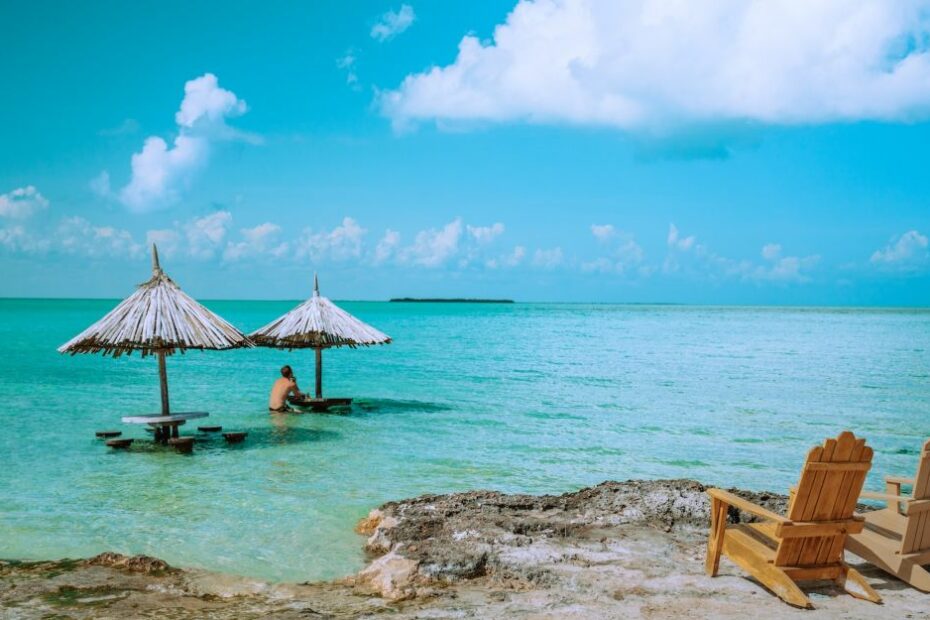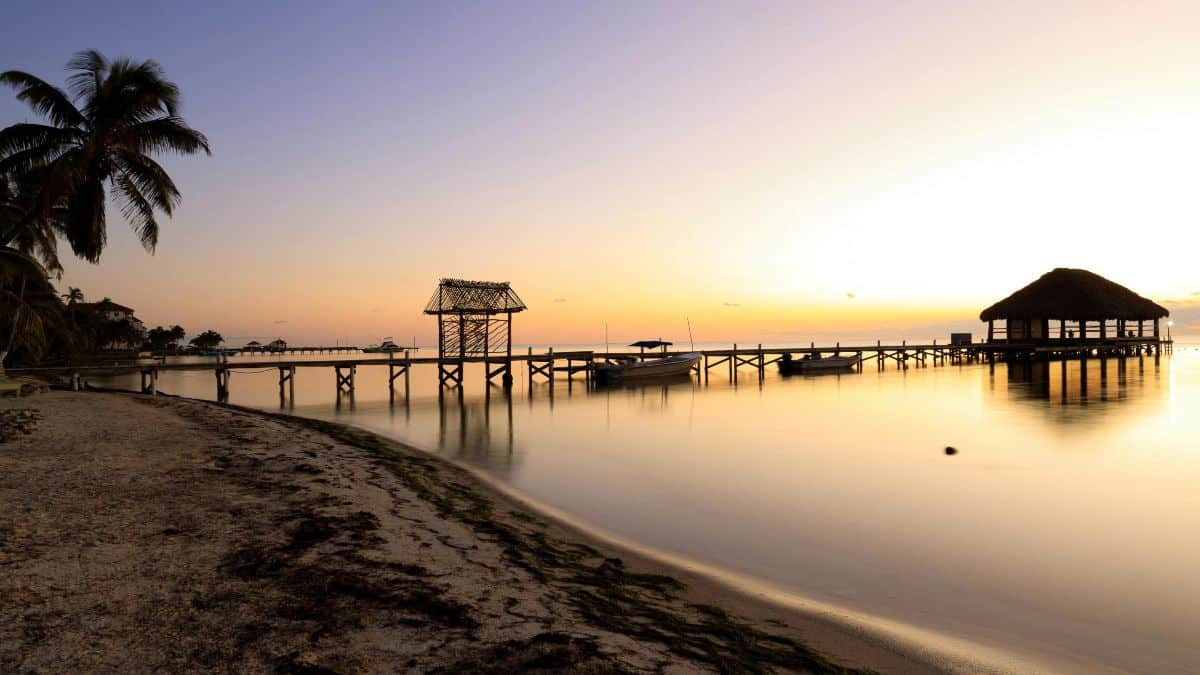There are a few ways that you can get Belize residency as an expat. Here’s a couple of the most common routes people take to live legally in Belize.
The prospect of packing up and moving to a tropical location has many people dreaming of Belize.
Figuring out how to make the move work for you is key, though. There are several available options, but simply up and moving to Belize and expecting to find a (legal) job is not one of them.
The law does not allow a non-Belizean to take a job that a Belizean could do. That’s great if you’re a Belizean citizen, but not so good if you’re an expat hoping to get a jump start on retirement and continue working.
Of course, if you can work abroad online, then that’s possible. There’s a digital nomad visa of sorts they’ve been talking about, called Work Where You Vacation, which might even get going at some point in the future. But if you need a traditional job, getting a work visa is time-consuming, but possible.
You’ve decided to move to Belize but don’t want to fall foul of the immigration laws. Luckily they’re straightforward, if time-consuming. Here’s our guide to visas, work permits, citizenship, and residency in Belize updated for 2022.https://t.co/3GGRBllWFx
— Central America Living (@VidaAmerica) June 28, 2022
For those fortunate enough to be able to retire, the Qualified Retirement Program (QRP) is the way to go.
And you don’t have to wait until you’re 65 or over to qualify, either.
The QRP program allows anyone age 40 or older – and their families – to live in Belize without a visa. All you need is a pension, annuity, or other income source of at least US$2,000 per month. Many people are able to do this through their financial portfolio. Under the QRP, you may not become employed in Belize. In other words, you must be somewhat independently “wealthy” to the tune of at least $24,000 a year.
Benefits include:
- Duty exemptions on personal property brought to Belize within the first year after acceptance.
- Exemptions from taxes and duties on out-of-country income, as well as on capital gains and inheritance.
- Not having to get those pesky visa stamps every 30 days as a long-term tourist.
The whole thing goes through the Belize Tourism Board (as opposed to the Immigration Department) and costs US$150 to start the application process. There’s then a US$1,000 fee per applicant with US$750 added per dependent. The QRP card at the end of the process costs US$200.
So, for someone with no dependents applying for QRP, the total cost is US$1,350. You’d then pay US$25 to renew your card each year.
Did you know that the Belize QRP (Qualified Retirement Program) went through something of an update in 2024? In this article, we outline the changes including lower age requirements, expanded income sources, and new investment options.https://t.co/KCajxqNpPZ
— Central America Living (@VidaAmerica) October 8, 2024
If the QRP doesn’t fit the bill, permanent residency may work for you, instead.
Permanent residency in Belize comes by being in the country for 12 consecutive months, with no more than 14 consecutive days out of the country during that time. In other words, you gotta put the time in (although, it’s a very pleasant way to spend your time!) as a tourist.
During that first year as a tourist, you get your first month for free – all tourists get up to 30 days in the country upon arrival. Then you need to go to a local immigration office and renew for your next 30 days at a cost of US$100 per person. And so on, every 30 days throughout the year. Some immigration offices will allow you to pay up to three months in advance at a time, but not all.
Expect to wait between six-months to two years for your residency after application, paying to renew each month as you go. This hundred bucks a month might be expensive before you’re eligible for permanent residency, but getting Belize residency will save you money long-term.
U.S. citizens pay a fee of US$2,000 to apply for residency. Citizens of other countries have different fees, so be sure to check.
Once you have permanent residency in Belize, you’re free to come and go as you please, and you don’t need to renew your residency each year, either. Permanent means permanent (you can also apply for citizenship after five years). You can start a business or get a job working for someone else. You can bring household items into the country, duty-free, and you’ll save money by not having to pay for the visa stamp each month, or pay exit fees at the airport.
Here is How to obtain permanent residency in Belize https://t.co/tIEccbfa07
— Breaking Belize News (@belizemedia) October 14, 2022
Whichever program works best for you, don’t expect a quick process.
There are folks that have been waiting for their residency approval for years. That’s the norm in Belize. But where there’s a will, there’s a way; and there are ways to live in Belize, if that’s your goal.
Belize is a beautiful country, with many things to see and do. The official language is English, and living here can be a dream. But it takes work, patience, and dedication to make that dream a reality.




